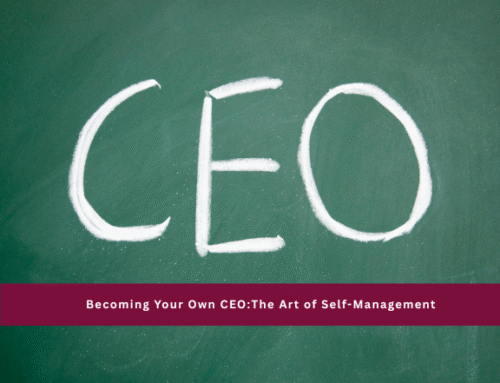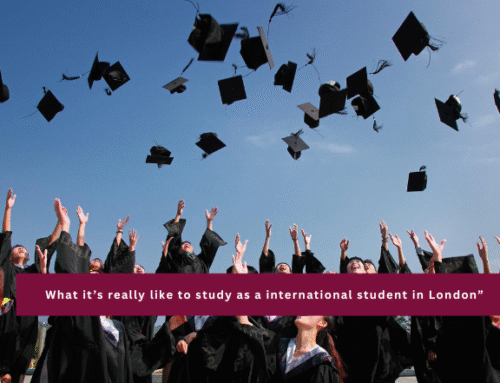Humanitarian Crisis in Gaza
The conflict between Israel and Palestine has been ongoing and highly acrimonious, drawing attention from all around the world. The current crisis in Gaza, an area characterized by serious humanitarian issues, lies at the heart of this conflict. This crisis has effects on global dynamics that go beyond local borders and have consequences for countries like India. With conflicting territorial claims, resentment from the past, and opposing political objectives, the Israel-Palestine conflict is a product of complex historical and geopolitical dynamics.
Different political goals are highlighted in this conflict: Palestine calls for statehood and self-determination, while Israel seeks a haven. Gaza is facing a humanitarian crisis as a result of the recent fight between Israel and Hamas, which broke out on October 7, 2023. Numerous issues confront the area, including substantial displacement, damage to vital infrastructure, and restricted access to basic requirements.
What is the Crisis in Gaza?
-Gaza’s ongoing problems depict a dire picture: people are being forced to flee their homes, vital infrastructure is in ruins, and necessities like food, medicine, and clean drinking water are in short supply.
-Bombs and shelling in crowded locations have resulted from the fighting, disproportionately harming Gaza’s civilian population and producing a high death toll.
-Living circumstances have become overly congested as a result of the displacement issue, endangering public health and raising the possibility of disease transmission.
Impact on India
India and Israel have historical and strategic relations. It is presently trying to strike a balance in its relationships with both of them while simultaneously pushing for a peaceful resolution to the dispute. For India’s diplomatic efforts, this is vital.
India’s multicultural populace frequently finds resonance in the Gaza conflict, with various groups voicing support for either side. Controlling one’s own emotions becomes essential to preserving communal peace. India has a track record of supporting international humanitarian initiatives. Nevertheless, several barriers stand in the way of India’s humanitarian aid reaching the people in need in Palestine.
India and Israel have many plans for future development, but because of Israel’s active involvement in the conflict and the delicate nature of the matter, India is presently unable to move on with these plans. India’s growth is hampered by this scenario.
Conclusion
International attention to the Gaza humanitarian issue must begin immediately, and efforts must be made together to find a solution. The people going through unspeakable pain must come before the intricacies of geopolitics. India is contributing significantly to the cause of world unity by offering assistance and arguing in favor of diplomacy and a two-state solution. We must overcome administrative roadblocks, expedite the delivery of help, and provide unrestricted access to the impacted areas if we are to make a difference. Improving communication channels is important for more reasons than only logistics; it also protects workers’ safety and welfare who are on the ground. India and the world community have the opportunity to provide Gaza with hope and relief at this critical juncture, thereby advancing the prospect of a long-term resolution to the larger Israel-Palestine conflict.
Citation-
https://www.groupdiscussionideas.com/humanitarian-crisis-in-gaza/?expand_article=1




